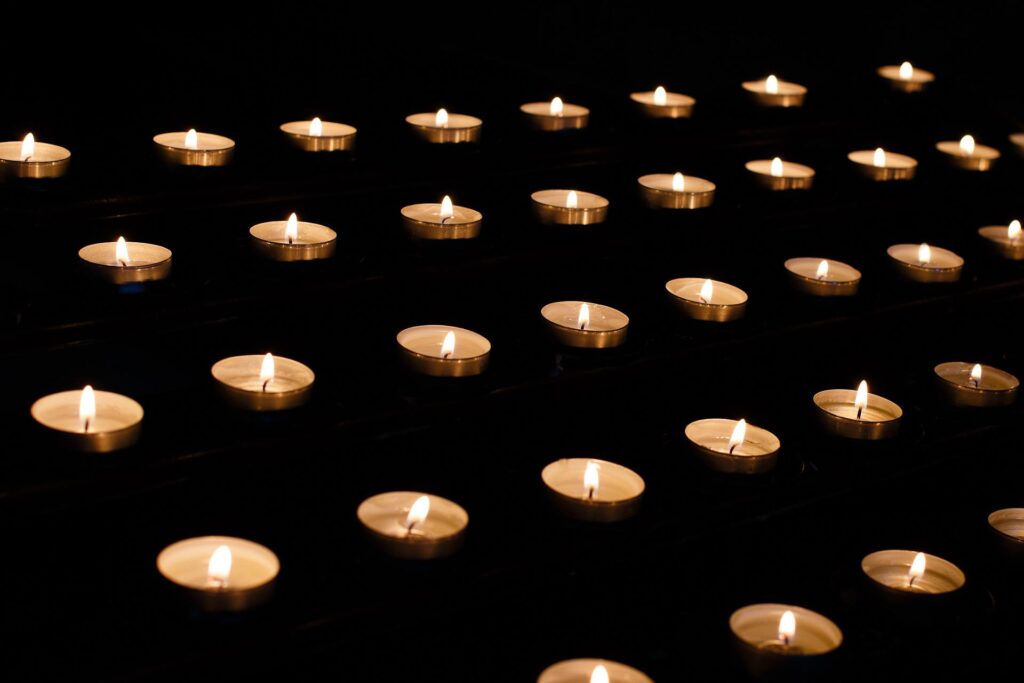August 7, 2022
We hope you enjoy our articles. Please note, we may collect a share of sales or other compensation from the links on this page. Thank you if you use our links, we really appreciate it!
Recently the leader of Al Qaeda, Ayman al-Zawahiri was killed in Kabul. Though the killing did not receive much media attention as the killing of Osama bin Laden about a decade earlier, the implications of the killing are yet to be configured fully. Whereas the immediate question before Al Qaeda is to find a successor of al-Zawahiri, the larger question is whether Al Qaeda is a dead force. The terrorist organization is undoubtedly weaker now than it was, say, two decades earlier when it orchestrated the attack on the twin towers in New York. Al-Zawahiri along with bin Laden was a major force in orchestrating the plan. He was also on the US target list for organizing attacks on the US embassies. Particularly after the 9/11 the US made it an official policy to target Al Qaeda and its affiliated leaders, and which led to a chain of sophisticated operations to kill bin Laden and other terrorist leaders like Anwar al-Awlaki, Abu Bakr al-Baghdadi, the leader of the ISIS, and recently, al-Zawahiri. The US invasion of Afghanistan was also considered a measure to root out Al Qaeda and international terrorism.
But the killing of al-Zawahiri in the capital of Afghanistan, not far from government buildings and embassies, raises many questions. It was a violation of the Doha accord signed between the US and the Taliban in 2020 which mandated that the Taliban will not shelter any terrorist groups targeting the US. One could draw a parallel between the presence of bin Laden not far from the military cantonment in Abbottabad of Pakistan and the presence of al-Zawahiri in the capital of Afghanistan. Though Pakistan and the Taliban were not comfortable to admit of any knowledge about the presence of these terrorist leaders, it could make sense to interrogate such a claim. How could high profile terrorists stay in close vicinity to government buildings without the knowledge of the government? And it is public knowledge that many Taliban members sympathetic to Al Qaeda are in the top positions of the Afghanistan government and Pakistan’s intelligence agency cultivates terrorist organizations as a state tool.
Though the killing of al-Zawahiri and bin Laden demonstrated sophisticated nature of the operations, and the power of the US to target its enemies anywhere in the world, that did not address the larger question. The world might be bereft of terrorist leaders like bin Laden and al-Zawahiri, but it might not be full proof to argue that with the killing of these two leaders, the world is free from international terror machines, supported by radical religious ideology.
Al Qaeda does not represent just an organization like myriad other organizations running for profit. It represents a fundamentalist and exclusivist ideology, a plan of action aiming at shaping social and cultural life of people. Bin Laden and al-Zawahiri are dead, but the ideology is much alive and active in various parts of the world. Though the organization does not have a known figure leading it, the proliferation of its ideology to the grassroots could prove far more dangerous as it has the potential to unleash a chain of violent actions at the grassroots in various parts of the world. Already Afghanistan under the control of Taliban, the organization could find a safe haven to reenergize to give shape to its devious designs.
Al-Zawahiri was known for igniting religious fundamentalist passion all over the world. Like his boss bin Laden declaring every American taxpayer is an enemy of Al Qaeda, al-Zawahiri followed the same line, and continued to inspire the fundamentalist elements all over the world. He used to interfere in the national politics of countries, which he thought was going against his ideology. For example, in the hijab controversy going on for some time in the southern part of India, he enthusiastically threw his support against the protesters and praised some of them. One could find a link between the fundamentalist killings in recent weeks in India with the ideology of Al Qaeda.
The attention of the major powers of the world towards Al Qaeda appeared to be saturated following a two-decade long war against terrorism initiated by the US. The attention apparently turned to other world events like the conflict in Ukraine and Taiwan but undermining the deadly menace the terrorist organizations like Al Qaeda could prove costly. Al Qaeda aimed at promoting a radical interpretation of Islam all over the world, and that aim is still there and much more proliferated among its members. And in this age of mass communication and social media, the followers might find it more convenient to spread the radical ideology of the organization and promote violent activities.
In the intensely polarized world, the killing of al-Zawahiri might appear a minor affair. Al-Zawahiri is dead, but the pernicious ideology he represented is alive. Hence, it is important to coordinate national and international policies to counter the menace of Al Qaeda and international terrorism. The deadly ideologies far outlive their founders, and it is the ideology that needs to be addressed. Mahatma Gandhi rightly said, evil is more dangerous than the evil doer, and it is the evil that must be addressed. Al Qaeda represents one of the foremost evils, hence it must be addressed in right earnest.
(A different version of the article was published on my Times of India blog, Periscope: https://timesofindia.indiatimes.com/blogs/periscope/the-end-of-ayman-al-zawahiri-is-not-the-end-of-al-qaeda-and-international-terrorism/)



